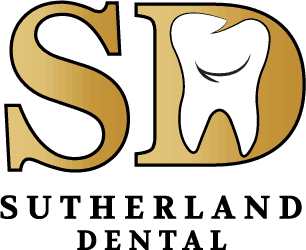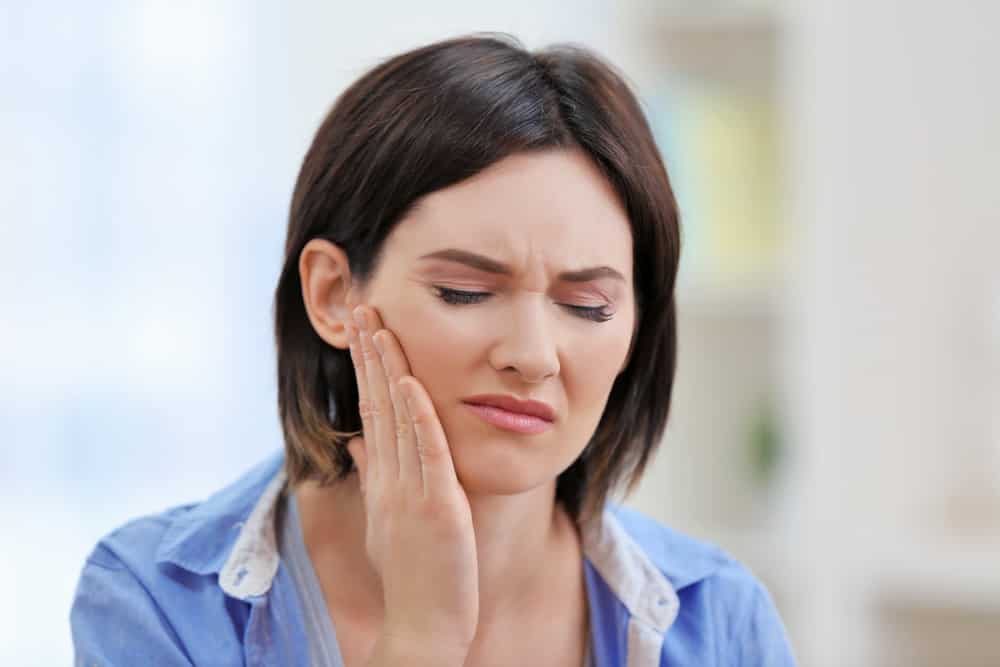When dental issues strike, it can be a scary and daunting experience. But fear not; with the right knowledge, your smile can be saved.
In this article, we’ll explore the various ways to handle emergency situations, from easing pain to dealing with chipped teeth.
Read on to learn how to be prepared for any dental emergency and keep your smile shining bright.
Easing Pain and Discomfort
Pain and discomfort associated with dental issues can be alleviated through various methods. When experiencing dental pain, a cold compress can be used to reduce inflammation and swelling. Severe pain may require an emergency dental appointment and prompt treatment of the issue. Tooth decay, broken teeth, and tooth loss can all be addressed in emergency treatment. Counter-pain medications and antibiotics may be prescribed to reduce pain and swelling in the face.
For those experiencing dental discomfort, seeking professional help is essential in order to address the problem and ensure healthy gums and teeth.
Tooth decay is one of the most common dental issues, and it can cause pain and discomfort. Brushing and flossing regularly can help to prevent and reduce tooth decay. Broken teeth due to trauma or decay can be addressed with a dental crown or root canal. Tooth loss can be treated with a dental implant or bridge. Emergency dental appointments can be made to address any of these issues.
In order to address dental pain, cold compresses, counter-pain medications, and antibiotics may be used to reduce discomfort and inflammation. If the pain or discomfort is severe, seeking professional help is advised in order to address the issue promptly. Emergency treatments, such as dental implants or crowns, can help to alleviate dental pain and discomfort. By taking proactive steps towards dental care, one can ensure healthy gums and teeth.
Reducing Swelling
Swollen gums and facial tissue can be a common symptom of a dental issue. In the event of a dental emergency, seeking medical attention from an emergency dentist is essential for reducing swelling and promoting dental health.
If a tooth has been knocked out, try to place it back in its original socket and seek medical attention immediately. If the swelling persists, it is important to remember to avoid sugary foods, practice good oral hygiene, and rinse the mouth with warm water.
If the swelling is accompanied by uncontrolled bleeding or intense tooth pain, it is essential to seek medical attention from a qualified emergency dentist. Depending on the severity of the dental emergency, the dentist may prescribe antibiotics or other medications to reduce the swelling and discomfort. Additionally, the dentist may recommend applying cold compresses to the affected area to reduce the swelling.
Medical attention is essential for reducing the swelling and promoting dental health in cases of severe swelling.
Dealing with Chipped or Fractured Teeth
A chipped or fractured tooth can occur due to impact or trauma to the face or from grinding teeth. Emergency dental care is necessary to prevent further damage and reduce the risk of infection or discomfort. In the event of a chipped or fractured tooth, the individual should make an appointment with a dental clinic as soon as possible.
Dental services may include X-rays and a physical examination to assess the damage and then plan the appropriate treatment. If the fracture or chip is severe, the dentist may need to cover the exposed area with a crown or veneer or fill the area with composite resin. To address pain relief, counter medications such as ibuprofen may be prescribed by the dentist.
In the event of an infection, antibiotics may be prescribed to help reduce swelling and prevent further damage. To help prevent dental issues such as chipping or fracturing, it is important to practice good oral hygiene and to visit the dentist for regular checkups. Practising regular preventive dental care can help reduce the risk of chipping or fracturing teeth in the future.
Handling Tooth Aches
Toothaches can be caused by a variety of dental issues and can range from mild to severe in intensity. Depending on the source and intensity of the toothache, the individual may benefit from seeking an emergency dental appointment. In some cases, a person with a mild toothache may be able to self-manage with pain relievers and rinsing the mouth with salty water; however, if the pain is severe or if the patient experiences any bleeding, they should seek professional help. Additionally, toothaches may be caused by a broken denture, tooth abscess, dental decay, or other issues and should be evaluated by a professional.
Everyone has a different pain threshold, and it is important to assess the severity of the pain before deciding on the best course of action. If the pain is extreme and it does not respond to over-the-counter pain relievers, the individual should seek an emergency dental appointment. The dentist will be able to provide a diagnosis and recommend the best course of treatment.
In any case of toothache, it is important to seek professional help as soon as possible in order to determine the cause and prevent further damage.
Addressing Bleeding Gums
Bleeding gums can be caused by a variety of factors and should be evaluated by a dentist for proper diagnosis and treatment. It is important to seek medical advice if the bleeding does not stop after a few days or if accompanied by pain.
Bleeding gums can be caused by brushing too hard, using a hard-bristled toothbrush, using the wrong denture adhesive, inadequate dental hygiene, or even a cracked dental crown.
In some cases, a cup of warm water with a teaspoon of salt added can help reduce the swelling and bleeding of the gums. If the pain persists, a root canal treatment may be necessary. This is an invasive procedure where the root of the tooth is removed and replaced with a root canal filling. Pain medications may also be prescribed to reduce pain and inflammation.
Treating Lost Fillings or Crowns
The previous subtopic discussed the causes and treatments available for bleeding gums. This subtopic will focus on the necessary steps to take when a lost filling or crown is the cause of a dental emergency.
A dental emergency where a filling or crown is lost can cause severe pain and may require an emergency tooth extraction. It is important to take the necessary steps to control the bleeding and manage the pain.
The first step to take in a dental emergency is to rinse the mouth with cold tap water. This will help to control the bleeding and provide some pain relief. If the area of the lost filling or crown is still bleeding after a few minutes, it is important to seek medical attention to avoid a localised infection.
If the pain is severe, it is important to take pain management medication to lessen the agonising toothache. If the pain is not severe, then cold compresses can be applied to the area to manage the bad toothache.
It is important to seek professional medical assistance if the dental emergency is due to a lost filling or crown. This is because the condition must be properly assessed, and the lost filling or crown must be replaced in order to prevent further dental problems. Taking the necessary steps to control the bleeding and manage the pain can also help to prevent further complications.
Key Takeaways
Though dental issues may seem daunting, the ability to address them quickly and effectively can be an immense source of relief. With the right knowledge and technique, one can manage pain, reduce swelling, repair chipped or fractured teeth, handle toothaches, address bleeding gums, and treat lost fillings or crowns with ease.
In the face of emergency dental issues, smile savers can be a saving grace, allowing one to return to life’s business with restored confidence and a wide, pain-free grin.
If you’re in need of emergency dental care in Sutherland, NSW, look no further than Sutherland Dental. Our experienced team of dentists can help you tackle any dental issue quickly and effectively so you can get back to living life with a smile. Don’t let dental issues keep you from enjoying life – contact us today to find out how we can help you!



